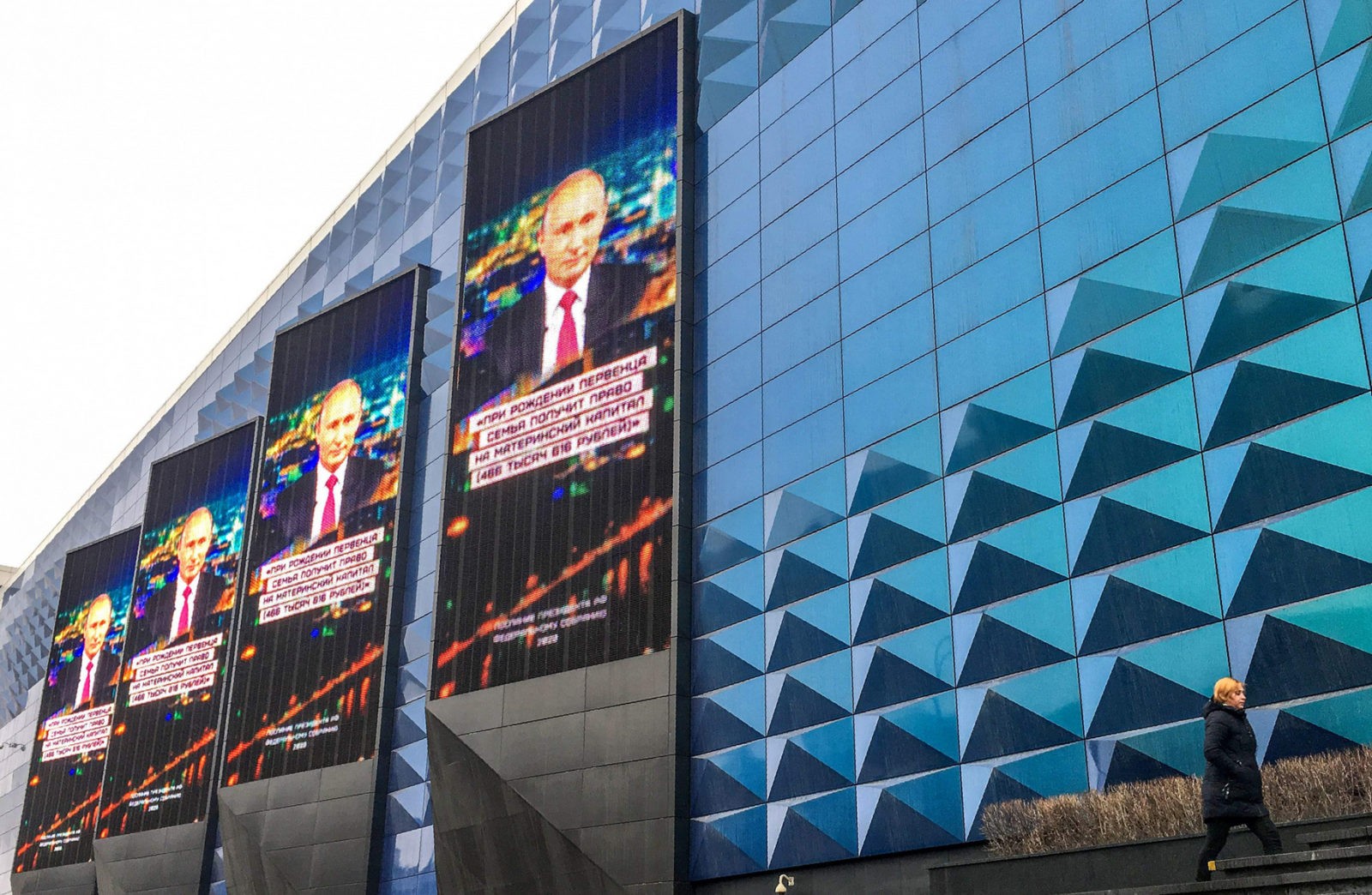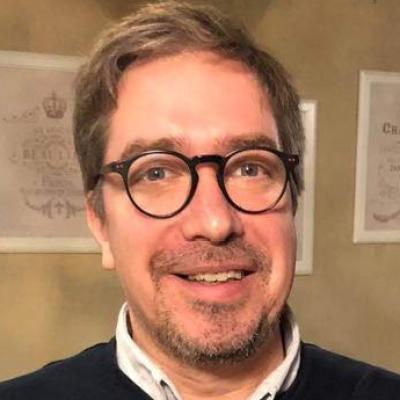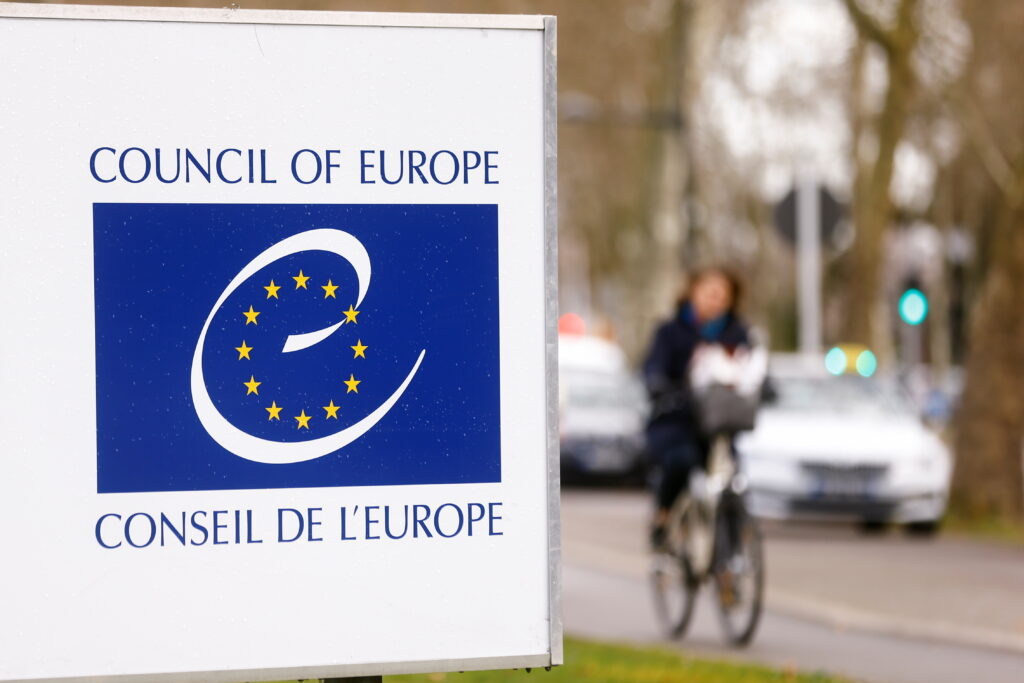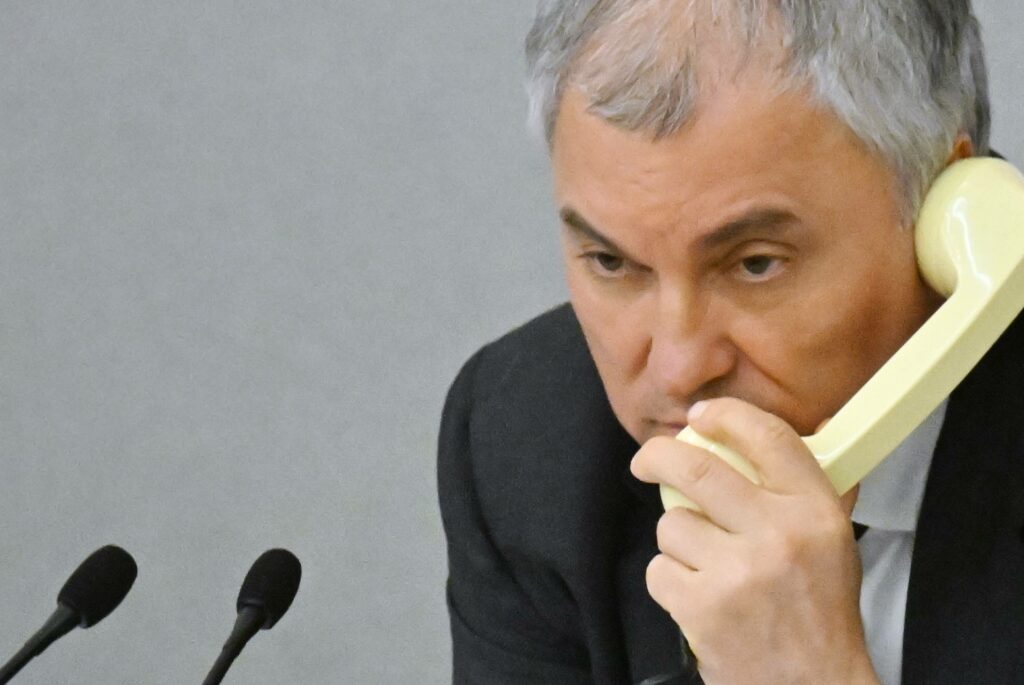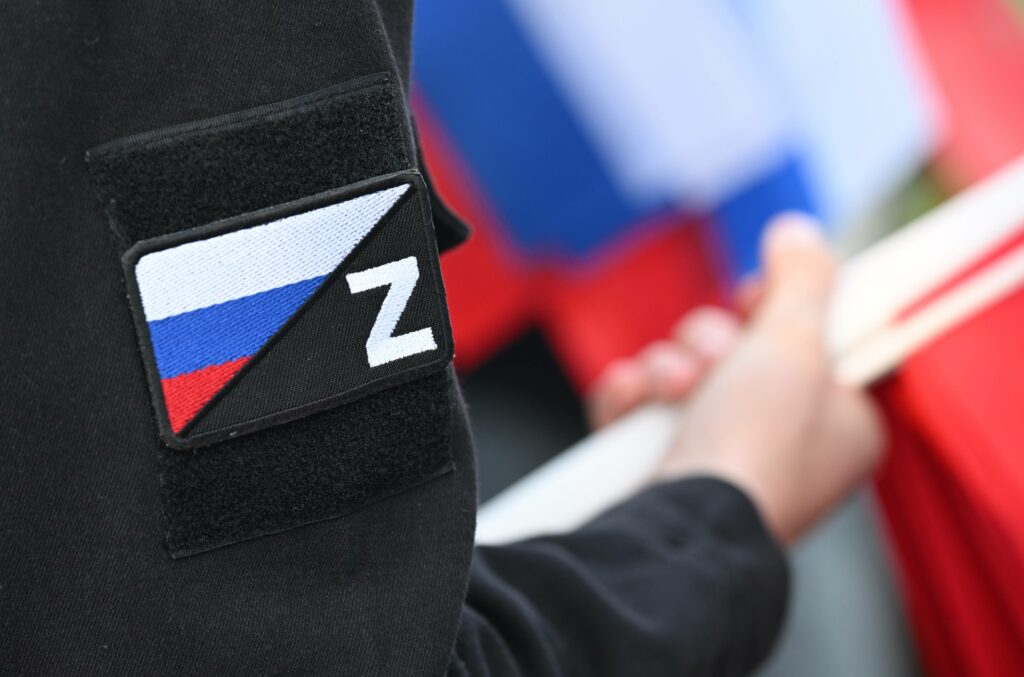In a momentous day for Russia’s politics, the Russian government resigned January 15 following President Vladimir Putin’s announcement of an array of changes to the country’s constitution. If implemented, the proposed redistribution of powers between the branches of government would compare in scale to that of 1993, when the current constitution was adopted.
Effectively, Russia will get a new constitution sometime later this year. The paradox of the proposed change, though, is that it is meant to preserve the status quo, whereby Putin remains Russia’s paramount leader for the indefinite future.
Mikhail Mishustin, the quiet technocrat who is head of Russia’s tax service, is going to be Russia’s next prime minister. Mishustin has been the Federal Tax Service chief since 2010 and has led a thorough digitalization of the ministry, creating an online interface for taxpayers.
Putin proposed giving more powers to Russia’s parliament and prime minister while bringing the State Council, consisting of the country’s highest-ranking officials and regional governors, back to prominence. Medvedev’s resignation was clearly an agreed-upon change as Medvedev made his own announcement while sitting next to Putin. Medvedev will move on to become deputy head of the Security Council, a body that Putin chairs.
Most commentators agree that the purpose of both the cabinet change and the constitutional amendments is to decentralize the system of governance. It is understood that the proposed redistribution of powers is meant to create a senior position for Putin to hold when he leaves the presidency in 2024. In his state of the nation address on Wednesday, during which he announced all the changes, Putin reiterated that he would not be president after 2024, but did not say he will leave government.
Putin’s announcement came as a bombshell to most observers, but a lot of the changes he proposed remain vague when one tries to unpack them. The amendments seem to be meant to provide Putin with a number of options. The post of president will likely cease to be as important as it is now and, if this is the plan, Putin will be able to become speaker of either chamber of the empowered parliament or head of the newly invigorated State Council, powerful positions under the proposed changes. No one doubts that he intends to remain the dominant figure in Russian politics.
Parallels with what seems to be transpiring in the Kremlin may be found in Soviet history, as well as to the east and south of Russia’s borders. One important source of Putin’s statecraft is Stalin’s art of “managing the party line,” of which the Soviet leader was a true master. Stalin always stayed on top of his henchmen and the general public by surprising everyone with unanticipated policy changes and announcements. But comparing Putin to Stalin has limited value because modern Russia is a highly modernized society with open borders, an educated population, and no real ideology.
China’s example would be more productive. Deng Xiaoping was China’s de facto leader between 1977 and the mid-1990s. The only government position Deng held was that of first vice premier of the State Council. He also chaired the Central Military Commission. Deng is widely credited with steering China away from Mao Zedong’s dogmatic communism and into the ideologically socialist but effectively capitalist system it now has.
Deng did not officially lead China’s post-Mao political system, he created it. While keeping to ostensibly inconspicuous roles, he supervised the rotation of heads of state and general secretaries of the Communist Party of China. Deng still affected China’s politics well into his eighties. Putin is only sixty-seven.
Another important waymark for Putin is Lee Kuan Yew, who was Singapore’s first prime minister and led the country for more than five decades. After stepping down as prime minister in 1990 Lee stayed on as senior minister and later as “minister mentor.” Lee was architect and political leader of Singapore’s transformation from a quiet British colony to a postindustrial high-income economy. Singapore normally scores as one of the world’s freest economies but holds one of the world’s lowest positions on lists that monitor freedom of speech and of the press.
“You need stability, certainty and security more than anything else,” Lee told this writer in an interview in 2005. “Democracy does not work in chaos. You know this expression ‘law and order’? Law does not work when there is no order.” Putin would agree with every word here.
Lee also said that a big-bang transition from a communist system may fuel high-ranking corruption. When asked about Singapore’s experience in tackling this problem, Lee had this to say: “Most importantly, one needs a clean central government. If people at the top cannot serve as models of high moral standards that gradually trickle down to lower levels, affecting change would be very difficult.” Corruption remains one of Russia’s main political problems, and Putin has consistently resisted creating Singapore-style institutions for fighting political graft.
One more example is Nursultan Nazarbayev, who was president of Kazakhstan until last year. In 2019, Nazarbayev stepped down from the presidency but stayed on as chair of the country’s Security Council. Like Deng or Lee, Nazarbayev, seventy-nine, clearly intends to continue overseeing the political system he created, reserving for himself the right to handpick presidents and other high officials.
Russia’s important difference from China or Singapore or Kazakhstan is that Putin’s policies point in a different direction. Under Putin, many private businesses were nationalized, private property ownership was undermined, and foreign investment nearly stopped. Educating young people abroad or supporting free enterprise at home have never been among Putin’s priorities.
Putin could be compared to Deng or Lee in the strength of his grip on the Russian political system, but that is where the comparison ends. Putin steered Russia away from the world, revived the country’s state sector, and made employees paid out of the state budget his political base.
Regardless of what becomes of Russia’s parliament, it is what happens during the elections that is really important. If the current Russian state’s tight control over the electoral process continues—and there is no indication that it will not—any empowerment of any constitutional body will remain of limited meaning to Russian society.
Putin’s rewrite of the rules will be the subject of endless punditry, it will also create new opportunities for the insiders, but it will upset those who had hopes for a bottom-up political change.
One point of Putin’s “top-down revolution” is to prevent any pressure from his high-placed colleagues, possibly even attempts to undermine his power or bring in a less conservative president. This is Stalin’s art of anticipation. Another point of Putin’s “revolution from above” is to prevent a grass-roots one. He clearly saw something brewing and, by initiating a top-down change, now anticipates a different kind of change.
